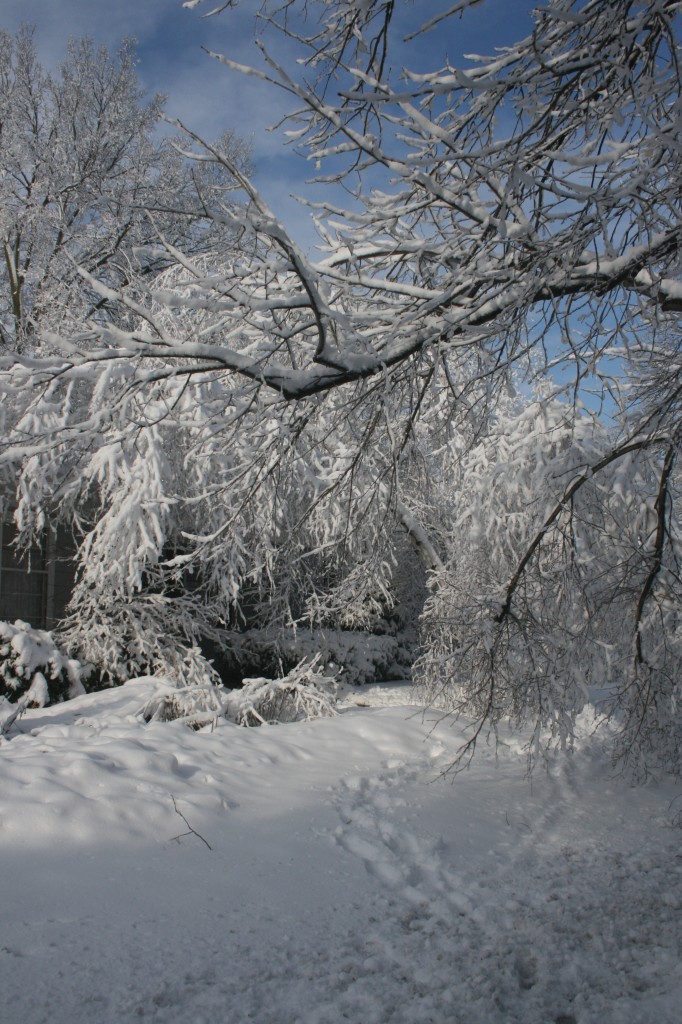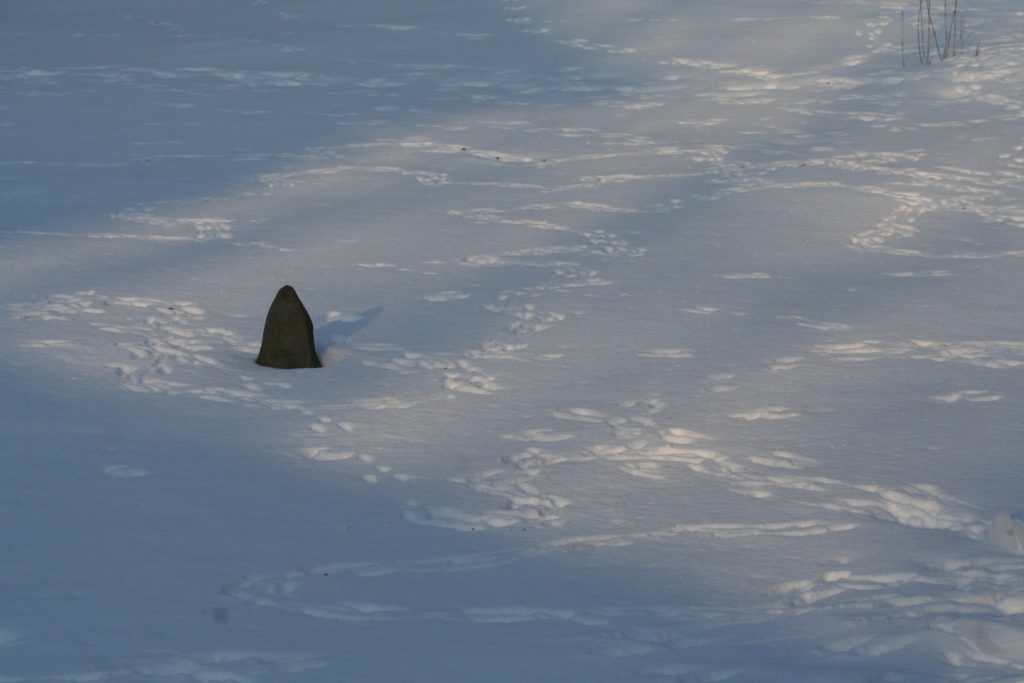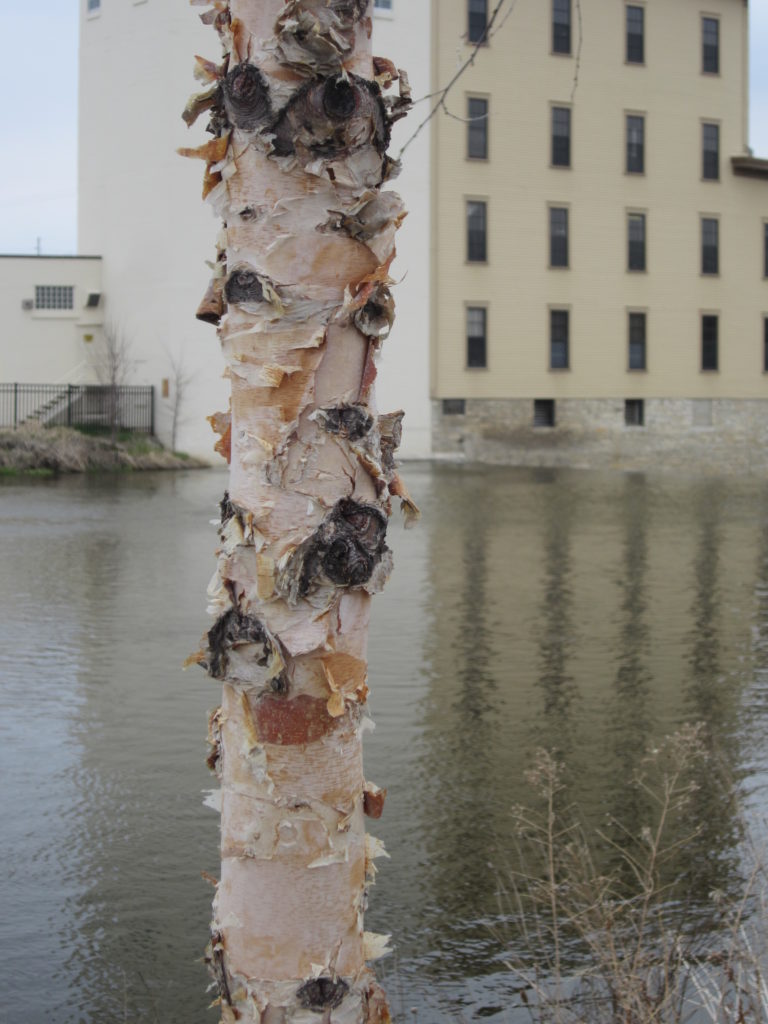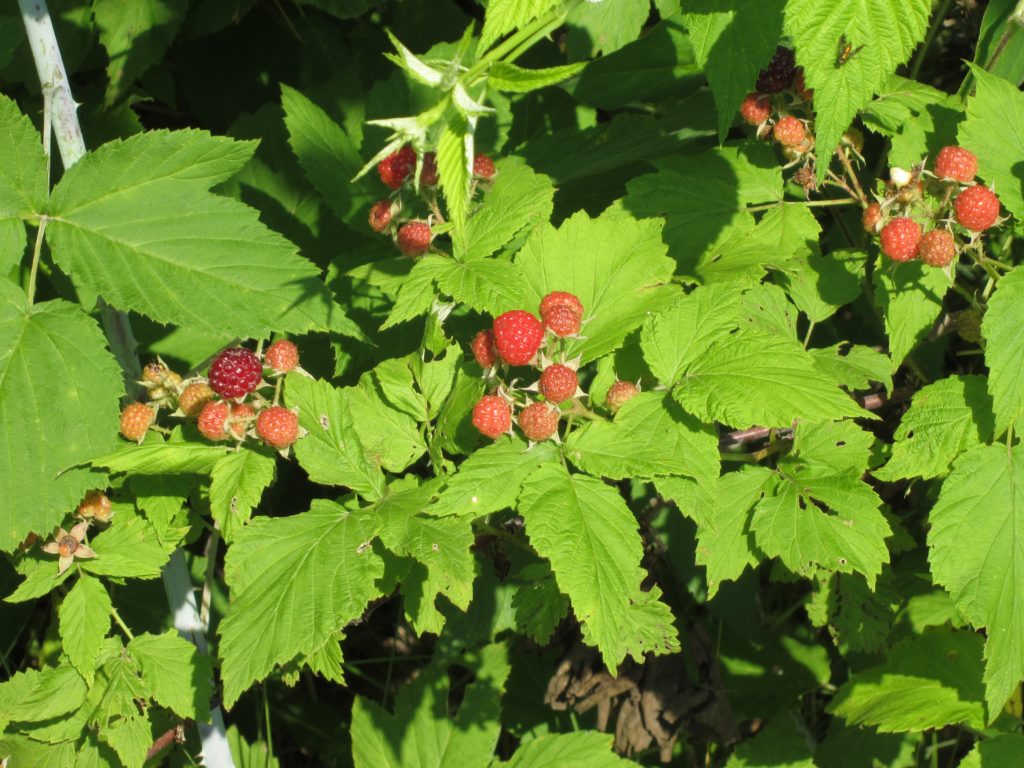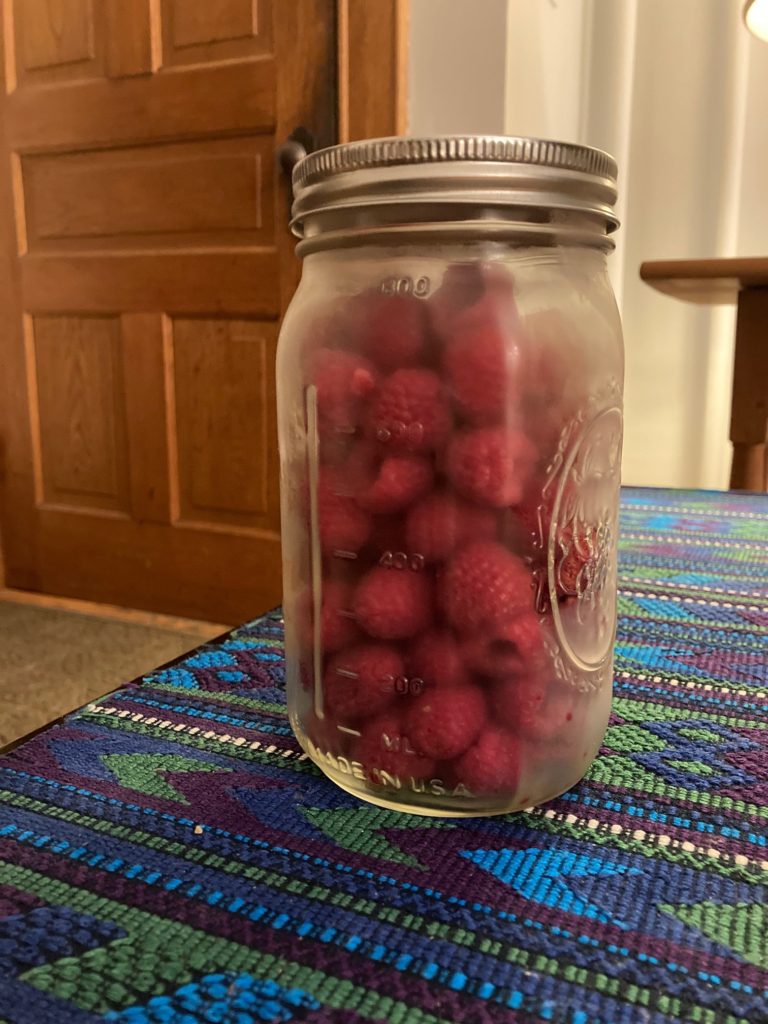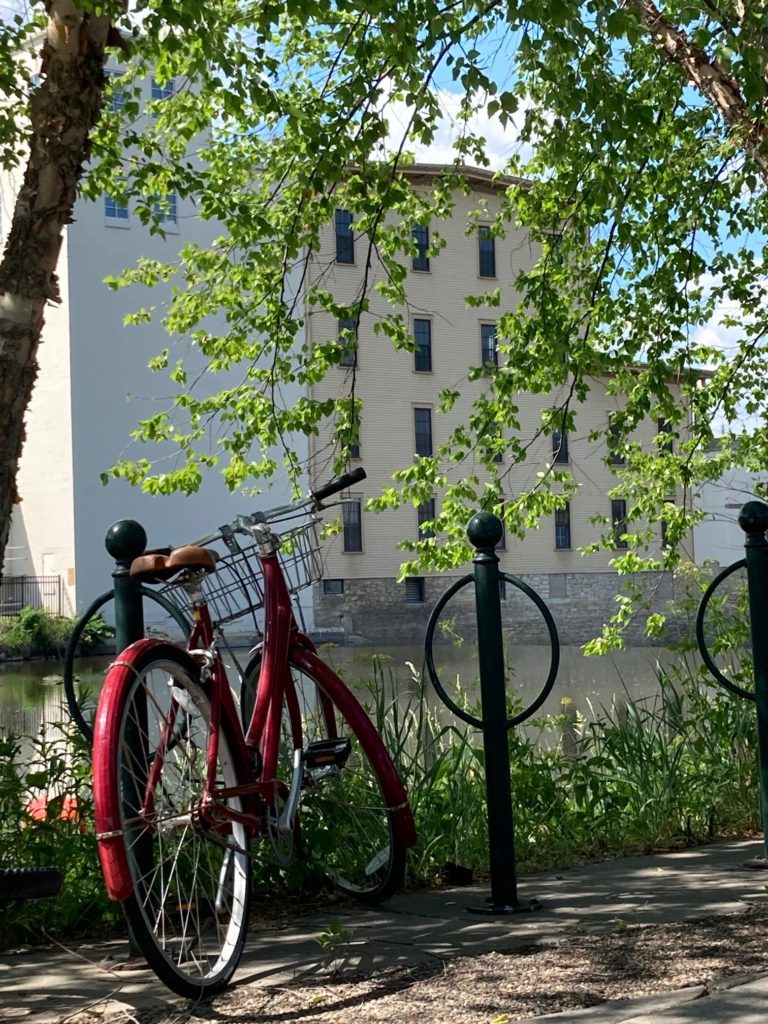
Postcard: June 14, 2021



Poet Neil C. Kennedy is publishing his first collection of poems with Finishing Line Press in September. (The collection can now be pre-ordered.)
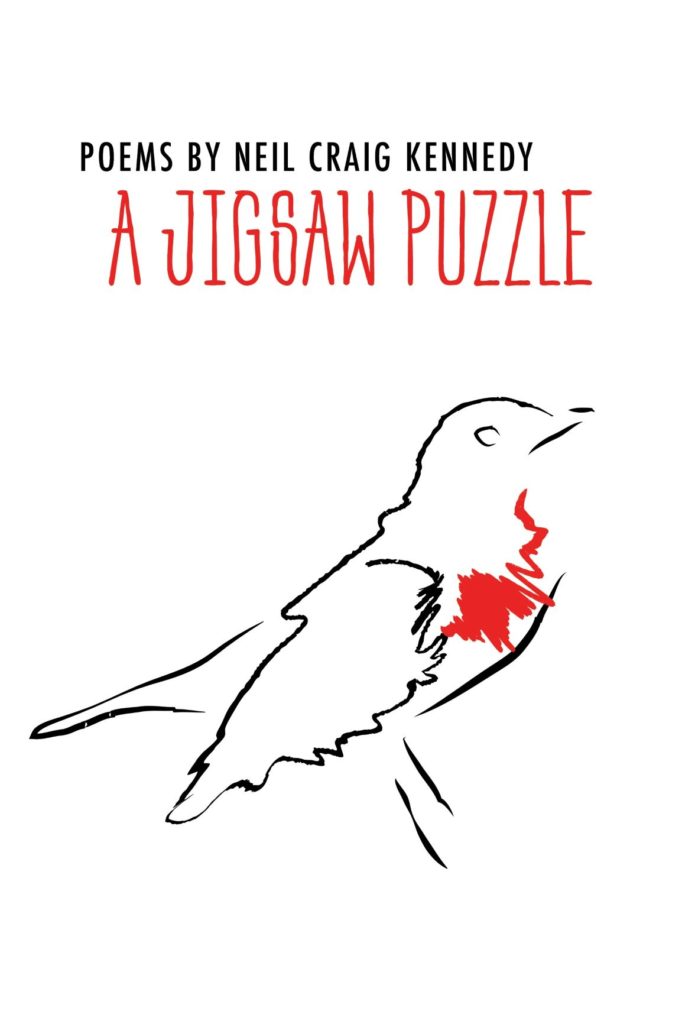
Neil Kennedy and connected through our mutual publications in the Winter 2019 issue of The Orchards. His poem, “When Juliet”, just six lines long, was one I admired in my post on the issue (in which I, too, had a short poem, called “Happy Hour”.) (The link to that issue of The Orchards is HERE, in case you would like to read Kennedy’s earlier poem!)
Recently, I had the chance to read the proof of his new book, and it is dazzling, filled with connected gems, little flashes of lyrical and narrative insight that add up to some even greater than the sum of its small pieces, something as quiet and monumental as a library filled with books, or an epic novel penned on Post-It notes.
Here is a blurb from the manuscript of the book: Neil Kennedy’s new book, A Jigsaw Puzzle is like no other book of poetry I have ever read. From the very beginning – Flower on the floor./Somebody has lost their bloom./I am very careful. – Kennedy pulls you in, though really, as with any jigsaw puzzle, you can enter anywhere and find yourself unable to stop being enchanted by this world that gets put together one tercet at a time. Birds of all species, one chickadee setting up its home into two birdhouses, music from next door, problematic snow, little Jesus at the gas station, hourglasses, cats and dogs, timepieces and shoelaces, software malfunctions in the forgiveness machine, hammer and teacup going home together, hesitating clouds deciding whether to cast shadows or not, daffodils breaching their contract, card catalogue in the junkyard with one drawer open – this poignantly quiet rhythm and boldly observant eye unfold a landscape that is defined often by the spaces between places and moments in time. In one of the occasional breaks of the tercet form the poet writes “Behind one man’s voice” and then then there’s space and then “Another man’s voice.” In the poems to which we turn for insight and illumination we often sense poet and shadow self, the two voices talking to each other and including us in the conversation. Kennedy’s A Jigsaw Puzzle, offers you a conversation to which you will want to return again and again.
–Christopher Bursk, author of The Improbable Swervings of Atoms.
Neil Kennedy is a poet and librarian. He holds an AA in Liberal Arts, a BA in English Literature, an MFA in Creative Writing, and an MS in Library Science. After completing his MFA, Kennedy took a space of time away from poetry; Jigsaw Puzzle is his first new collection, and is influenced by his work in libraries. He says, “My two big loves are books and animals, or as I like to think of them, Literature and Nature. American Haiku is the perfect form in which to combine them.” Kennedy, who lives outside Philadelphia, considers the northeast as his natural habitat both ecologically and culturally. In addition to literature and nature, he loves visual art, and is an admirer of several contemporary visual artists active in the Philadelphia area, as well as of the art history of rural and suburban Pennsylvania.
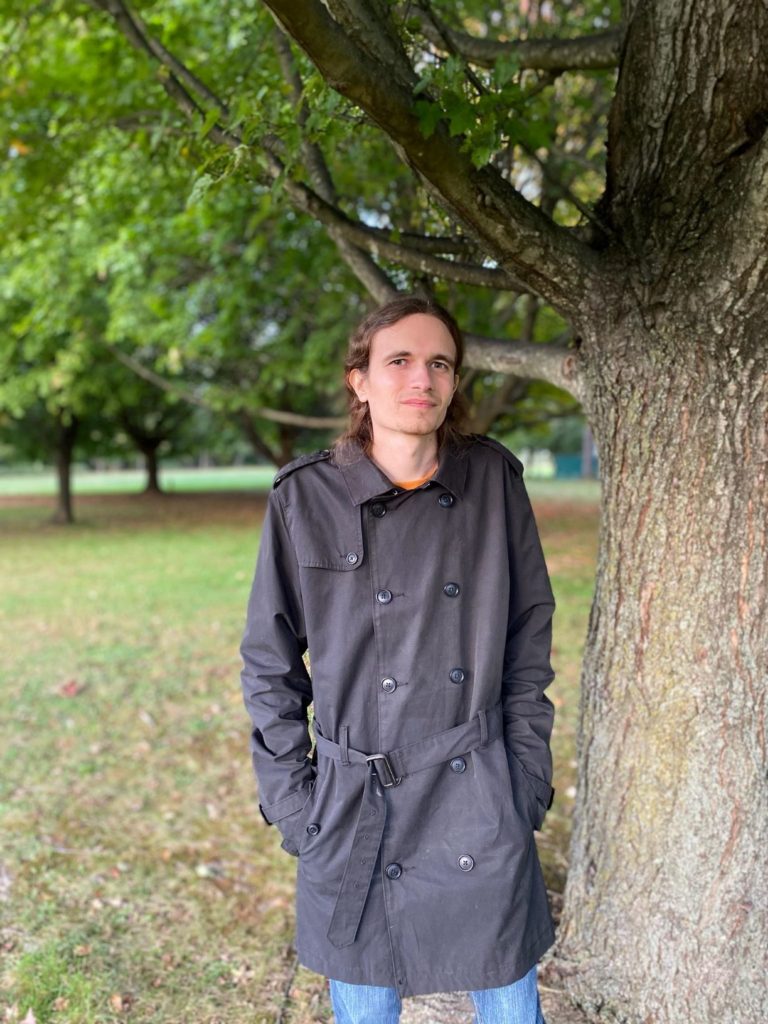


Yesterday was a day I am not likely to forget: on June 1, the online journal, MockingHeart Review, published their second issue for 2021, and this one includes three of my own poems. Not only that, but they honored me by asking me to be the Feature Poet for this issue, and included brief notes on each of the three poems: “Tree Wells”, “Paper Mill”, and “April 1: Raspberry Fools”.
The issue is, as usual for MockingHeart Review, filled with stunning poems and art work from a variety of poets and artists. I encourage you to take a look, to savor the creativity on the page at this moment when the creativity of the natural world is unfurling and unspooling everywhere we look. In this issue, I was stunned by the gorgeous digital paintings of Irish artist Edward Lee. He also contributes a meditative poem, titled “Cracked”, to this issue. At the conclusion of Peggy Turnbull’s poem, “The Prettiest City in Mexico”, I cheered! Then I read that Turnbull was an academic librarian who is, in retirement, diving into all kinds of success in poetry, and I couldn’t help but cheer again. I read Tom Barlow’s lyrical account of a day, “After the Falcon”, to my husband, and we agreed that its nuanced lines echoed our own experiences and sometimes heart-aches in trying to offer shelter to wildlife in our garden. Then, I was delighted, in an off-beat kind of way, by Jason Ryberg’s poem, “Off-Handed (Ode to Lee Child)”, not only because I, too, have enjoyed Lee Child’s thrillers but because of his Northfield roots and my own memories of his parents, Bill and Nancy, and his brother, Doug. (Such are the ripple effects of art, eventually connecting to the whole world.) Really, each of these entries has made me stop and think and be glad be in a world where life is celebrated by art.
You will find your own favorites, of course–I would love to know what they are.
It was in writing the notes on my own poems, requested by MockingHeart Review editor Tyler Robert Sheldon, that I realized there was a theme connecting each of my three poems included in this issue. Each has a different form and subject, but all three deal in some way with impetuosity and its consequences, imagined and actual.
Below are some of my photographs that echo the poetry, two for each poem.
Happy June!
LESLIE
